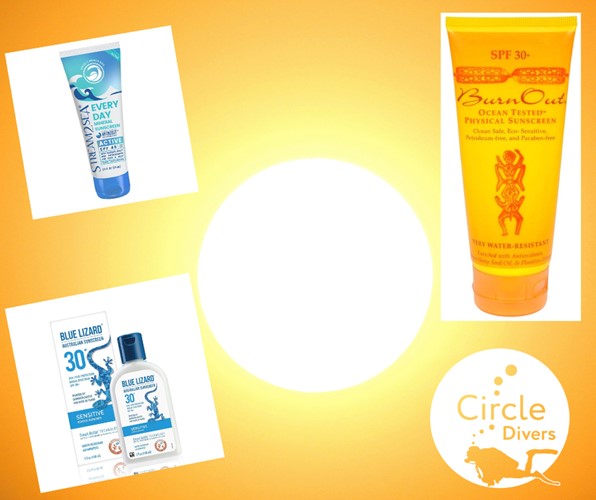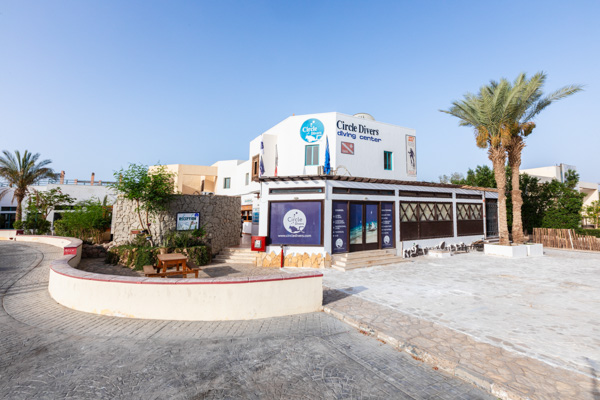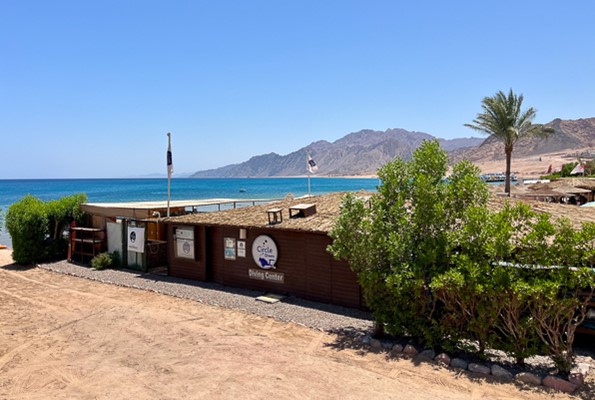How To Stay Safe In The Sun and Protect The Reefs Too

With temperatures quickly rising up to 37
degrees C and more in Sharm at the moment, protecting your skin from the sun's
powerful rays has never been more important. Overexposure can lead to sunburn,
blistering, inflammation and in worst-case scenarios skin cancer.
However, did you know some sunscreens and their
ingredients can harm our beautiful reef ecosystem with many of the world’s top
diving destinations banning sunscreens with toxic ingredients?
So which sunscreens should you avoid if you
care about the oceans, and which ones are safer for use when diving? Or should you
just cover up with a rash vest rather than slathering potions and creams all
over your body?
It’s All About the Oxybenzone!
Many sunscreens, even those labelled “reef safe”
contain ingredients that can harm the coral reefs, and some may not be too kind
to humans either. The primary offending suspect is oxybenzone, also known as
benzophenone-3 or BP-3.
A common ingredient used by larger brands like
Banana Boat, Coppertone, Neutrogena and others, oxybenzone has also been shown
to be bad for people using it and can reduce testosterone levels in men.
How Do Sunscreens Harm The Reefs?
Hard coral is a living organism that can be
extremely sensitive to certain environmental conditions. Made up of colonies of
polyps hard corals are also known as reef-building corals. Although these
polyps are translucent, they contain microscopic algae zooxanthellae, giving
the coral their beautiful colours.
The chemicals in sunscreens often cause coral
bleaching where the corals will lose their colours and appear white.
Ultraviolet filters found in sunscreens, especially the dreaded oxybenzone can
cause serious infections in the zooxanthellae algae causing the polyps to die,
the coral to lose its colour and eventually, the coral dies.
Natural vs Reef-Safe vs Organic Sunscreens –
Which Is Best?
Although no sunscreen has been scientifically
proven to be 100% reef safe organic or mineral sunscreens made with non-nano
titanium oxide or zinc oxide don’t appear to harm coral reefs.
Avoid using any sunscreens that contain oxybenzone, avobenzone, butylparaben,
octinoxate or 4-methylbenzylidine camphor if you intend to be diving on
the reefs. Even a small amount of these chemicals can cause or make worse the
coral bleaching.
Recommended Sunscreens
Although we are
by no means bio-chemists and have not tested 100’s of sunscreens fortunately
there is an organization that does EWG or the Enviromental Working Group. You
can find a list of their findings and recommended sunscreens on their website
at ewg.org/sunscreens.
Available on
Amazon you will find brands such as Stream2Sea who extensively test all their
products to ensure they are as coral friendly as possible. Other ocean friendly
brands include Blue Lizard Australian Sunscreen, Burnout Ocean Tested
Sunscreens and Tot logic Safe Sunscreen.
Circle Divers
along with PADI encourage all divers to do their bit and make ocean-friendly
choices in all their diving activities.Choices we make really do matter and
lets all play our part in protecting the reefs.


